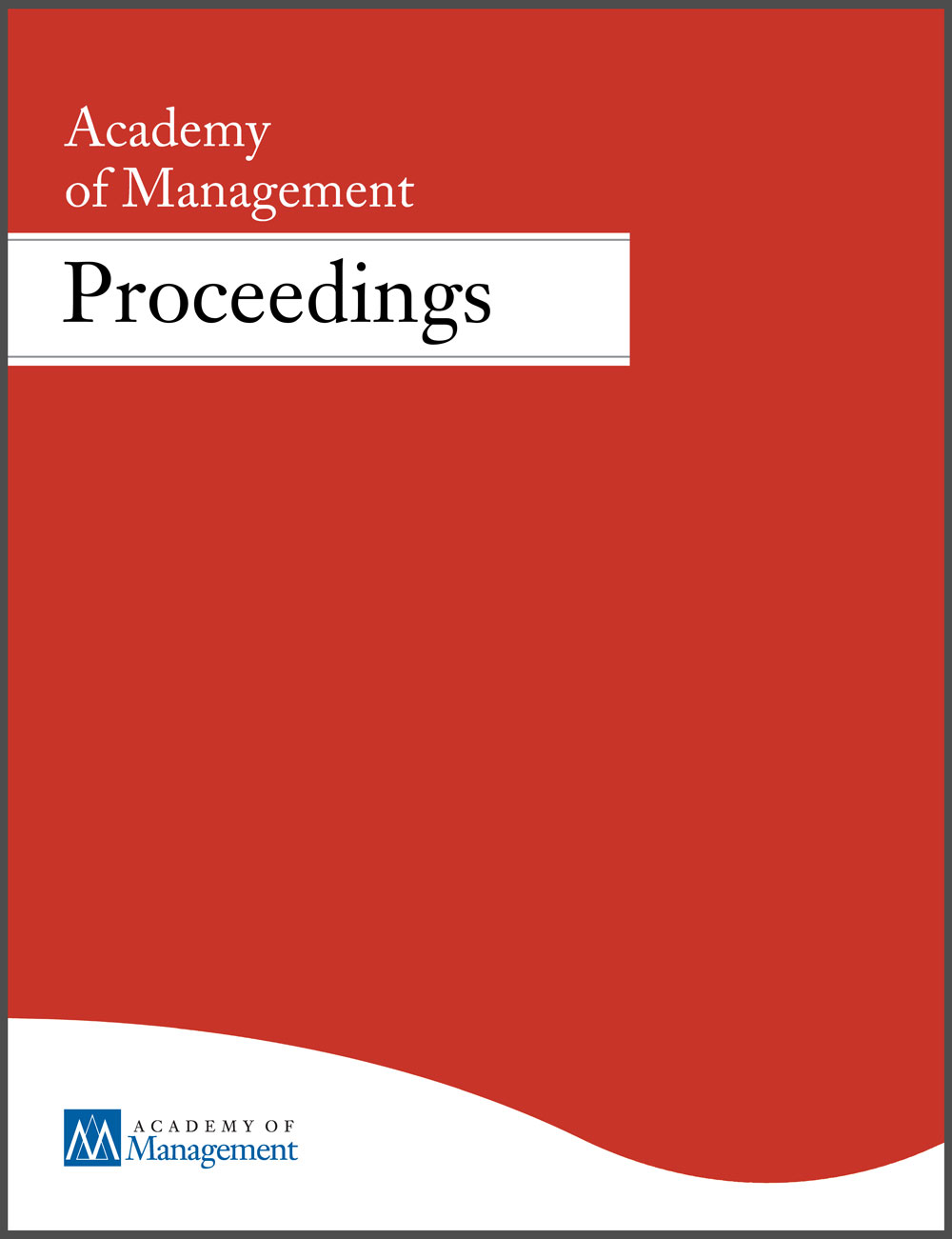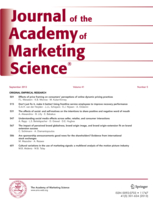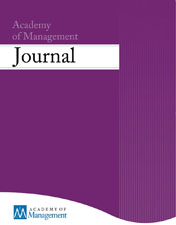Academic articles
Practitioner articles
Working papers
Books
Book chapters
Case studies
Other publications
Subject(s)
Marketing
Keyword(s)
Personal selling, customer relationships
JEL Code(s)
M310
Subject(s)
Economics, politics and business environment
Subject(s)
Management sciences, decision sciences and quantitative methods
Keyword(s)
Shapley value, potential, random partition, concentration of power
JEL Code(s)
C71
We provide new formulae for the potential of the Shapley value that use the multilinear extension of coalitional games with transferable utility.
With permission of Elsevier
Volume
135
Journal Pages
28–30
Subject(s)
Ethics and social responsibility; Marketing
Keyword(s)
business and management, marketing
Secondary Title
Handbook on ethics in marketing
Pages
220–237
ISBN
9781781003428
Subject(s)
Information technology and systems; Technology, R&D management
Winchester House in San Jose, California, was once the residence of Sarah Winchester, the widow of gun magnate William Winchester. This mansion is renowned for its size, its architectural curiosities, and its lack of any master building plan. It is, unfortunately, also a great analogy for how many organizations have constructed their IT systems.
ISSN (Print)
0017-8012
Subject(s)
Technology, R&D management
Keyword(s)
Crowdsourcing, innovation, search
Rejections are common in everyday life, yet their consequences for individual behavior remain little studied. We examine a situation in which organizations invite people outside their boundaries to provide suggestions for formal action. Organizations that receive such suggestions can choose to act upon them, ignore them, or even reject them. While rejections carry a cost (i.e., potentially alienating the suggestion-maker), they are also an important source for motivation and learning. We unite these opposing views and argue that rejections can under certain conditions increase effort; moreover, we document how people learn by changing their behavior when trying again.
With permission of the Academy of Management
Volume
2015
ISSN (Online)
2151-6561
ISSN (Print)
0065-0668
Subject(s)
Marketing
Keyword(s)
Customer inoculation, customer satisfaction, services marketing, service failure
Capitalizing on a large-scale field experimental dataset involving 1,254 airline customers, this study introduces customer inoculation as a new, proactive strategy for mitigating the negative consequences that service failures have on customer satisfaction. Results confirm that customer inoculation eases the decrease in satisfaction when customers experience a service failure. Additional analyses indicate that customer inoculation does not harm customer satisfaction if no service failure occurs. This finding sets inoculation apart from expectation management and underscores the potential inoculation has for marketing practice. Furthermore, contrary to traditional recovery strategies for addressing service failures, customer inoculation operates in advance of a service failure and thereby circumvents potential drawbacks of traditional strategies. In sum, customer inoculation represents a novel strategy for addressing service failures with respect to existing marketing literature and expands the scope of action for companies when they cannot avoid offering occasionally flawed services.
© Academy of Marketing Science 2014 With permission of Springer
Volume
43
Journal Pages
512–527
Subject(s)
Technology, R&D management
Keyword(s)
Selection, evaluation, user-based innovation, crowd sourcing
When organizations reach out to their users for ideas, users take on a considerable role in the innovation process. Including users expands the number of participants and potential ideas from which an organization can select. But how do organizations select some user suggestions while rejecting or ignoring others? We analyze the selection processes at 24,067 organizations that collectively received 702,729 suggestions. Our findings suggest that organizations filter the suggestions they receive by focusing on suggestions that inspire feedback from the user community.
Despite receiving contributions from a diverse pool of users, organizations quickly settle into a pattern of attending to only a few. To our surprise, collective user preferences only matter as a filter mechanism when crowding is high. In contrast, the debate among users about a suggestion strongly increases the likelihood of it being selected by the organization. Our illustration of the screening criteria organizations use to winnow suggestions has broad implications for the selection literature. We also bring insight to the literature on user-driven innovation processes by studying all suggestions that were considered, rather than only those organizations select and implement.
With permission of the Academy of Management
As of May/June 2016, this highly cited paper received enough citations to place it in the top 1% of the academic field of Economics & Business based on a highly cited threshold for the field and publication year. – Data from Essential Science Indicators℠
As of May/June 2016, this highly cited paper received enough citations to place it in the top 1% of the academic field of Economics & Business based on a highly cited threshold for the field and publication year. – Data from Essential Science Indicators℠
Volume
58
Journal Pages
856–880
Subject(s)
Human resources management/organizational behavior
Keyword(s)
status, inequality, small groups, networks, peer effects, organizations
Secondary Title
Emerging trends in the social and behavioral sciences: An interdisciplinary, searchable, and linkable resource
Pages
1–16
ISBN
978-1452216454
Subject(s)
Technology, R&D management
Volume
58
Journal Pages
649–657



